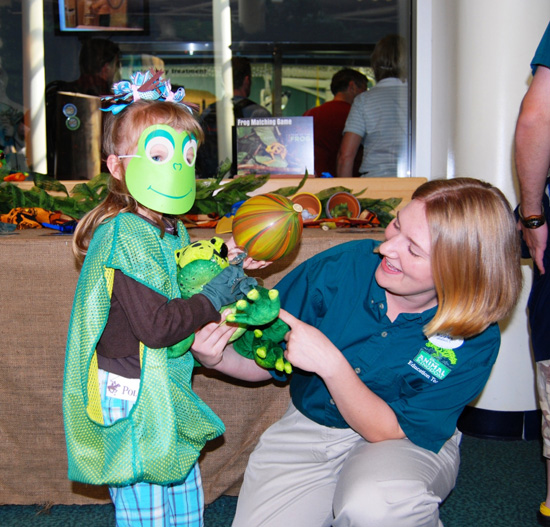Marion Pellicano Ambrose
“Leap Day” is February 29, which is an extra day added during a Leap Year, making the year 366 days long – and not 365 days as in a ususal year. This occurs about every 4 years in our modern Gregorian calendar.
Ever since Leap Years were first introduced over 2000 years ago with the transition from the Roman calendar to the Julian calendar, Leap Day has been associated with age-old Leap Day traditions and folklore and even a few new traditions.
Women propose to their men
According to an old Irish legend, or possibly history, St Bridget struck a deal with St Patrick to allow women to propose to men – and not just the other way around – every 4 years. This is believed to have been introduced to balance the traditional roles of men and women in a similar way to how Leap Day balances the calendar.
In some places, Leap Day has been known as “Bachelors’ Day” for the same reason. A man was expected to pay a penalty, such as a gown or money, if he refused a marriage proposal from a woman on Leap Day. In many European countries, especially in the upper classes of society, tradition dictates that any man who refuses a woman's proposal on February 29 has to buy her 12 pairs of gloves. The intention is that the woman can wear the gloves to hide the embarrassment of not having an engagement ring. During the middle ages there were laws governing this tradition.
World Record of Leap Day Babies
People born on February 29 are all invited to join The Honor society of Leap Year Day Babies.
According to the Guinness Book of Records, there are world record holders both of a family producing three consecutive generations born on February 29 and of the number of children born on February 29 in the same family.
Bad luck
In
St Oswald’s Day
Leap Day is also St Oswald’s Day, named after an archbishop of

Disney Celebrates Leap Day (info courtesy of Disney Parks Blog)

Guests also can learn about the critically endangered Puerto Rican crested toad, which we are raising at Disney’s Animal Kingdom Theme Park and releasing in their native habitat to re-populate the species in an area where these toads once thrived but are now considered extinct.
Did you know that, according to some estimates, as many as one-third of the known amphibian species are threatened by extinction because of loss of habitat, climate change, pollution and disease? The good news is that every one of us can help amphibians leap ahead of extinction. Here’s how:
- Invite a bug-zapping amphibian into your backyard by placing an overturned pot (toad abode) as a home
- Use fewer chemical pesticides on your lawn to keep amphibians healthy
- Build a pond, plant native shrubs, and leave leaf litter and logs in your yard to create a habitat for frogs
- Plan a family outing to a local pond to hear different species of frogs sing their love songs to one another
- Find natural alternatives to household chemicals so these toxins don’t end up in amphibian habitats
- Take part in a local pond or stream clean-up to ensure that native amphibians will have a clean home
- Find books on frogs to discover why they sing loudly, hear well and stay up late
Beyond their beautiful chorus, frogs also provide a free pest-control service. Frogs eat billions of harmful insects annually, including mosquitoes and their larvae. Frogs also provide valuable scientific and medical benefits to humans. The skin of amphibians contains substances that can protect them from some microbes and viruses, which can offer possible medical cures for a variety of human diseases, including AIDS.
So how will you celebrate Leap Day 2012?
No comments:
Post a Comment